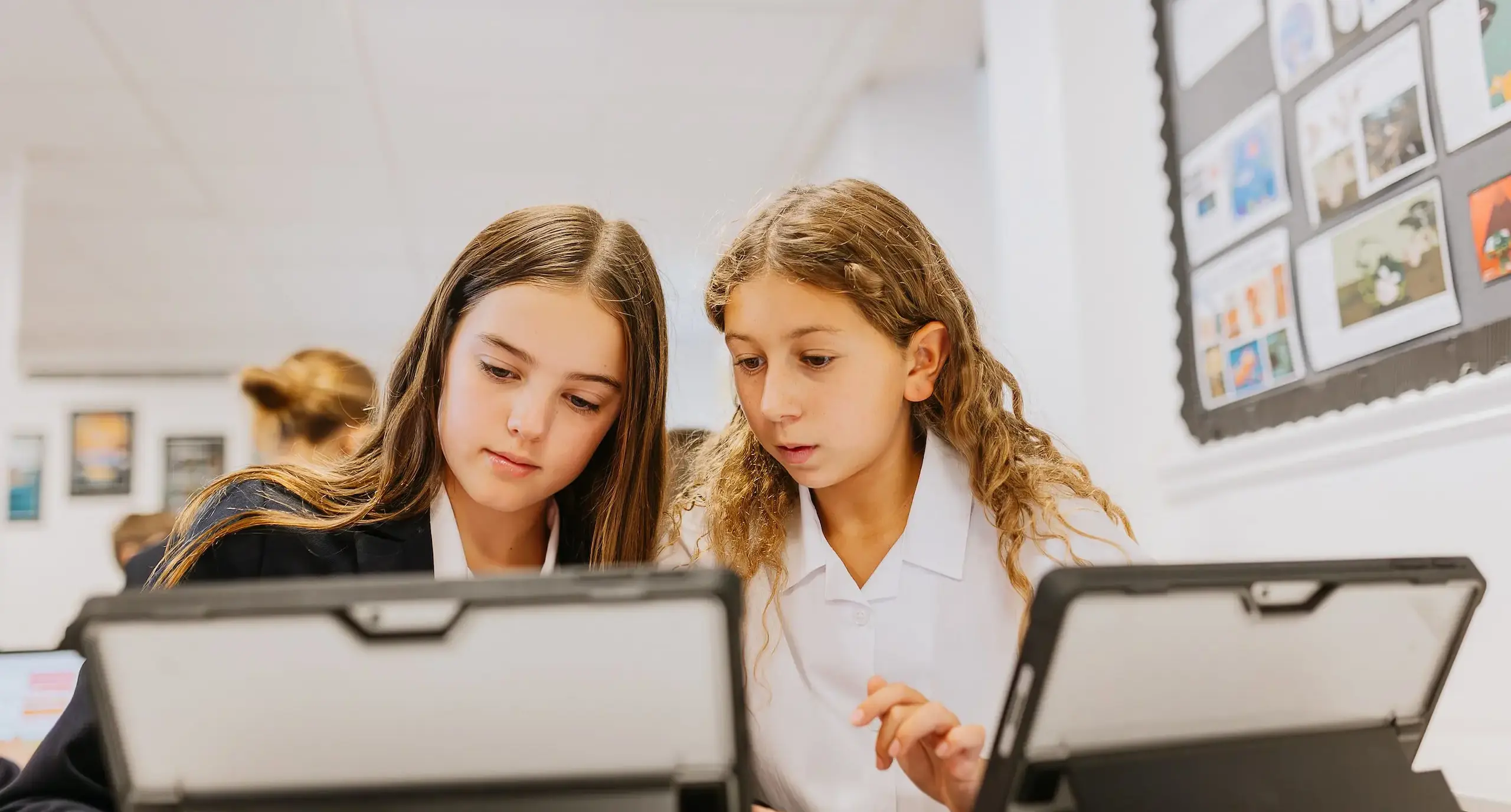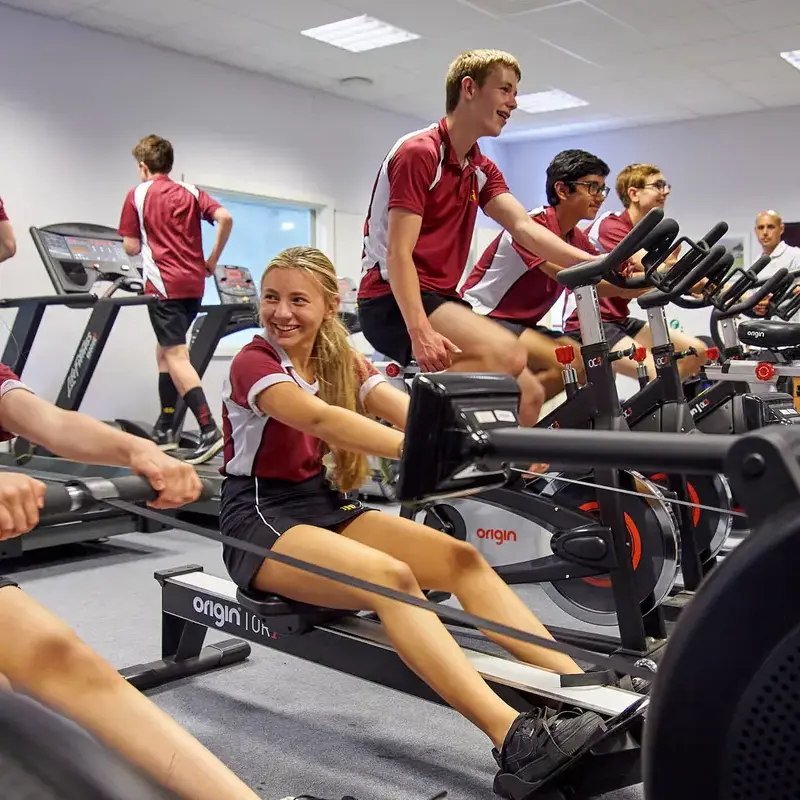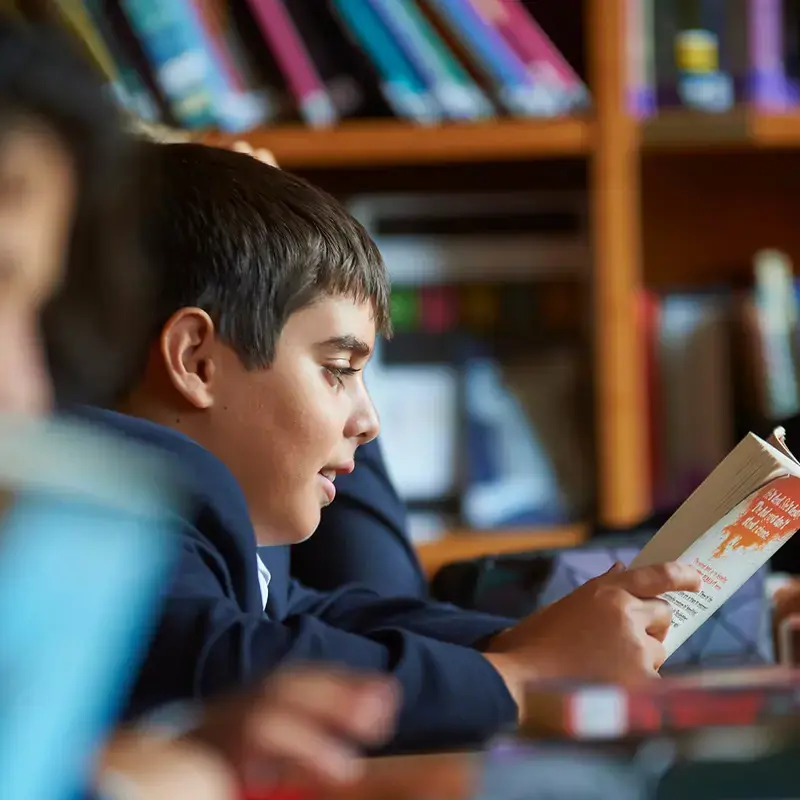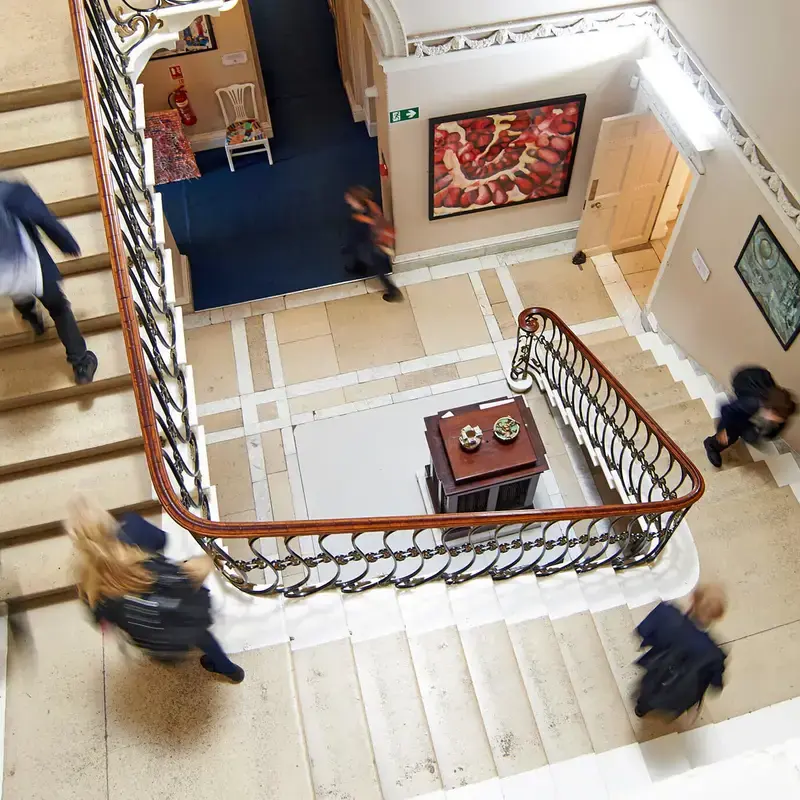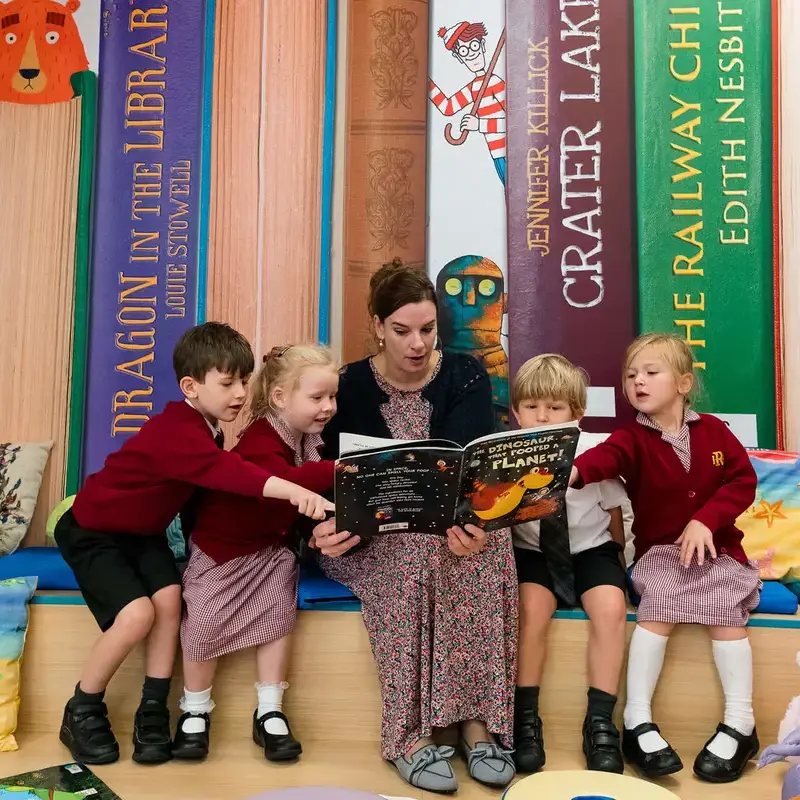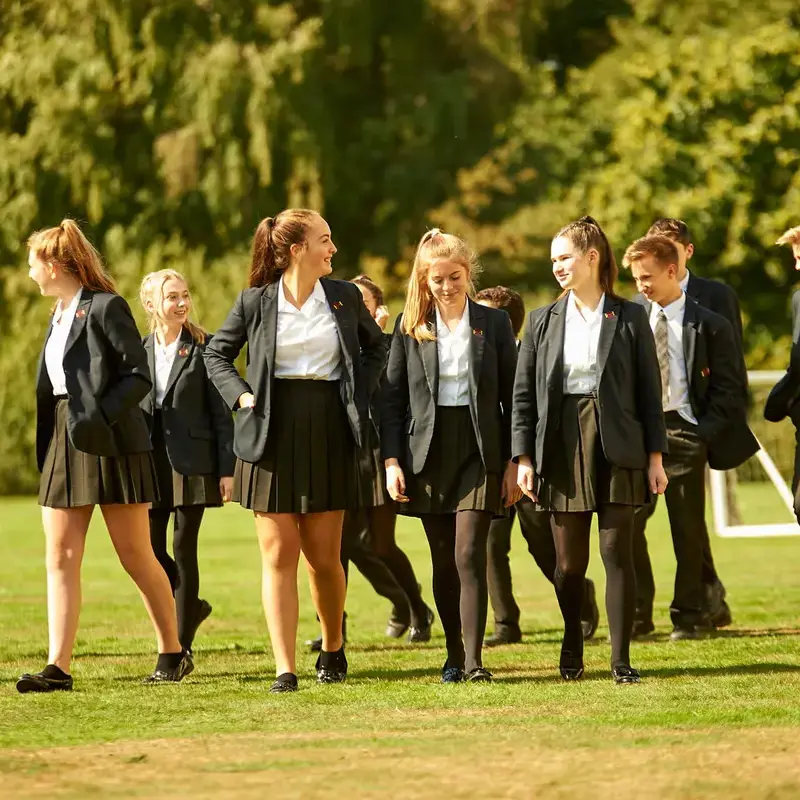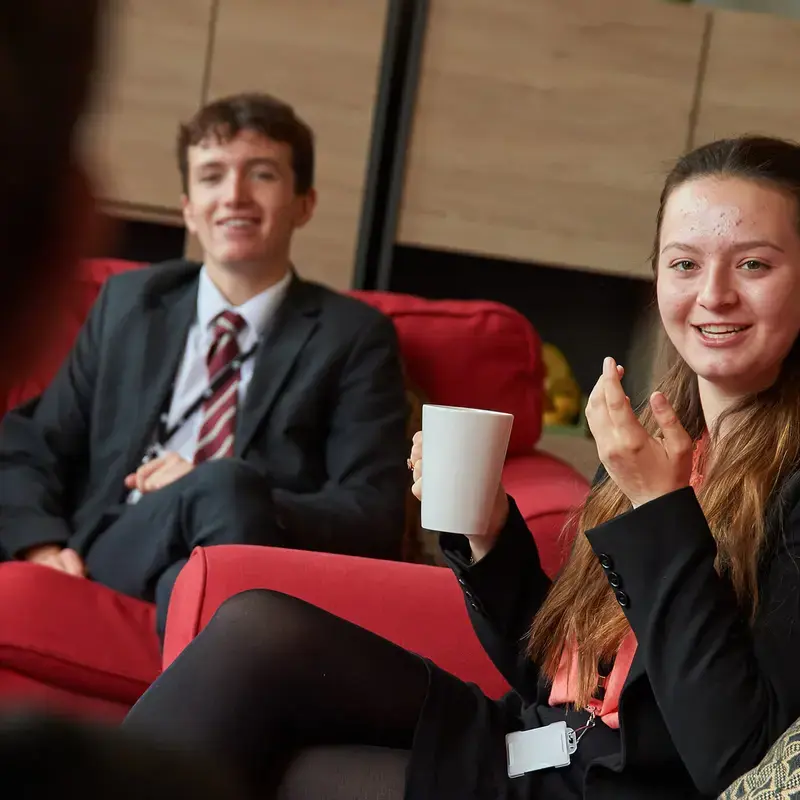Online Safety Guidelines
Today’s children are growing up online, in a world of social networks, online gaming, chat, blogs, searching and sharing.
It provides a wealth of information and opportunities for communication, investigation, and creativity. However it also brings a level of risk directly into your home and to your child’s mobile phone.
Radnor House takes online safety and the protection of our pupils on the internet very seriously.
Pupils are taught about both the benefits and risks of using the internet during Digital Literacy lessons and also during Internet Safety week every February.
The school’s system is filtered and monitored and each child and parent must sign the school’s Acceptable Use Policy. The best protection is through communication with your child, but there are lots of other ways you can help.
Here are some suggestions:
- Keep computers, tablets and laptops in a family space.
- For older children don’t allow phones or other devices in bedrooms after 9pm.
- Charge all your family’s devices in a communal and fire safe space.
- Set aside “screen free” leisure hours. For example “computer games are for Friday to Sunday only” or “no screens from 9.30 till 4pm”.
- Set age appropriate parental controls on all devices including desktops, laptops, tablets, and phones.
- No phones or other devices at meal times.
- Keep devices hidden on the way to and from school, expensive devices on show can put your child at risk.
- Understand what your kids are doing online.
- Play their games and look at their favourite apps with them.
- Ensure that apps/games are age appropriate, look at the PEGI ratings.
- Talk to your children about their on-line reputation and sharing personal information.
- Make sure your child knows where to go for help and advice.
- If you ever feel that someone has acted inappropriately towards a child or young person you can get help, advice or report it using the Click Ceop.
There are many websites that provide information and help with online safety. Here are a few of our favourites that we hope you will find useful:
- The Child Exploitation and Online Protection Centre (CEOP)
- THINK UKNOW
- NSPCC Net Aware
- Parent Zone
- Digital Parenting
- E-Safety materials on the theme of Hector the Dolphin
- Parents control setup
- Safety tools on social networks and other online services
- Information from Kent Education Learning and Skills Information
- Google Safety Centre
- Childnet


